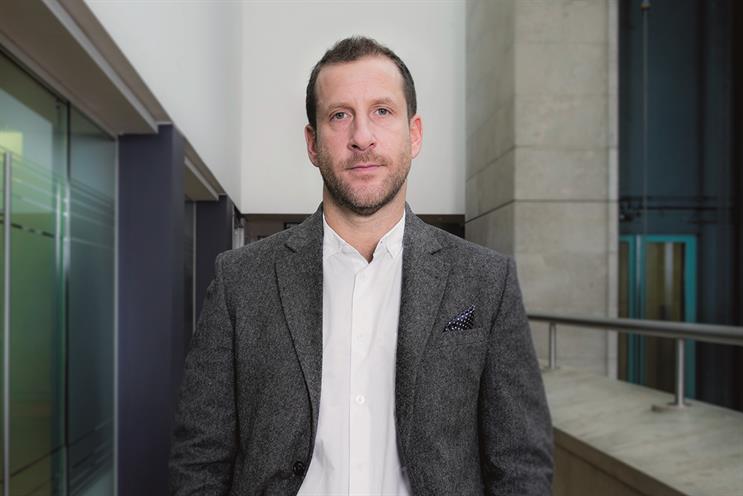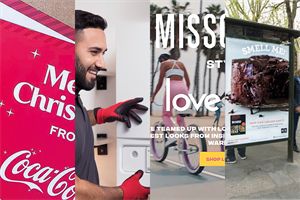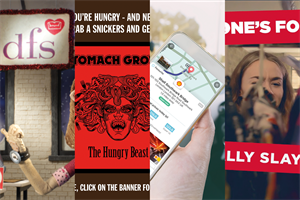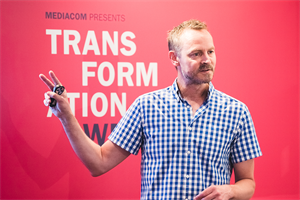
Two things we can all agree on: 1. We’re living through an age of rapid change and extreme uncertainty. 2. There is no sign that the change is going to slow down or the uncertainty decrease. One thing we find it harder to agree on is whether this change and uncertainty is good or bad.
Nothing sums this up more than when you look at the role technology now plays in our lives and the way this is viewed in business, and specifically the media industry.
If you’re a glass-half-full person, you see technology – from AI to robotics and the internet of things – as an exciting, innovative influence on the world that will help us connect to more people than ever, in more creative ways than we could have imagined.
If your glass is usually half empty, however, you may greet new technology with suspicion, fear and unease. This is particularly true in the ad industry, where many argue that it is "killing creativity", "cutting jobs" and "destroying traditional media".
Change is never easy; and the transforming drive of technology has challenged brands, publishers, agencies and even audiences.
But it’s vital that we see technology as a positive influence. It opens up such opportunity and drives such progress that we shouldn’t want innovation to slow.
I’d love the negativity to end in 2018, and for the industry to concentrate instead on uncovering all the ways that technology can help us create better work for our clients.
Technology does not stifle creativity in any industry, it unlocks it. Whether that’s in accessing the kind of inspirational information we would never see otherwise, or using it as a platform to deliver campaigns in ways we could only have dreamed of before.
Soft AI can help us make better decisions, and hard AI can take away the routine tasks that fill up too many days, freeing people to add value for clients. For example, in using data analytics tools in audience research, you free people from data-crunching to use the intelligence those tools produce to create more relevant and better-targeted campaigns.
Tech also allows agencies to spend more time as consultants to our clients. Our insight about brands’ target audiences and their world should be incredibly powerful across all corners of a business – not solely advertising. We should be helping them develop products or decide which markets to expand into. That kind of consultancy really makes a difference.
Our industry is full of talented people. Tech must be used to help them reach their vast potential. Every company should be asking:
• How much time do our most creative people spend on routine, mundane tasks? How much of this time could technology free up?
• If we were building this company from scratch now, what would be our ideal division between humans and machines?
• Where would more strategic thinking by our best people most improve our performance, and that of our clients?
• What new products or services could we launch by pulling together new technology with our freed-up human talent?
Rise to the challenge
It’s our responsibility to change the narrative around tech. It is challenging, and we won’t get everything right; these aren’t bad things. As Ed Catmull, president of Pixar, said: "If you aren’t experiencing failure, you are making a far worse mistake: you are being driven by the desire to avoid it."
Those who moan about uncertainty, change and the effects of technology are doing just that. Let us instead be driven by the desire to do better and better work – and to harness technology whenever it can help us to do that.










